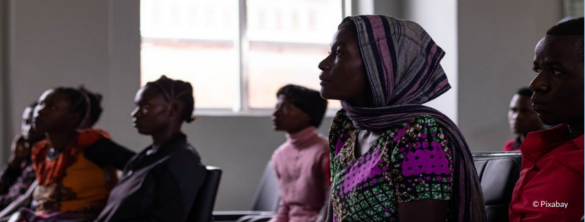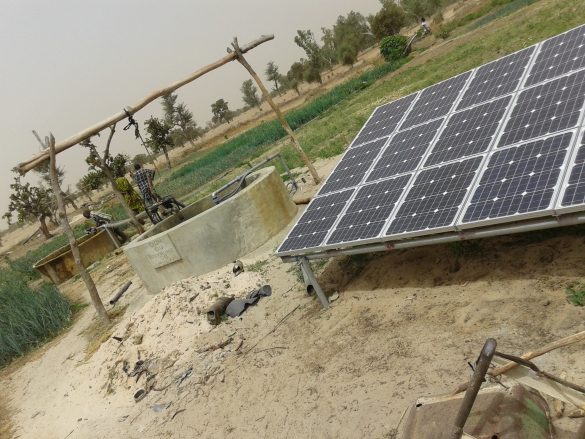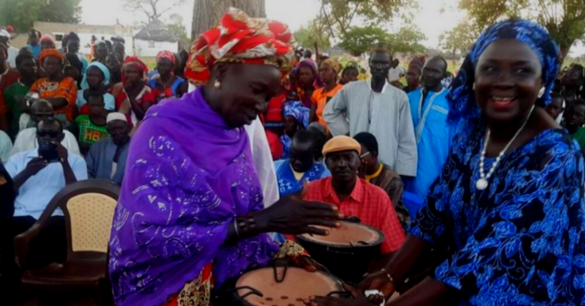Gossas: A Model of Climate Change Adaptation and Biodiversity Preservation
Since 2010, the department of Gossas, located in western Senegal, became a leader in climate change adaptation and biodiversity preservation. With a population of 170,000 inhabitants spread across 1,185 km², this region, made up of six municipalities, plays a crucial role in the country’s food and economic security due to its importance in cereal production and livestock farming. However, its vulnerability to climate variability makes it a priority area for action.
Aware of the challenges posed by climate change, desertification, and biodiversity loss, Gossas responded quickly. In 2014, with the support of the UNDP, an Integrated Territorial Climate Plan (PCTI) was developed. Based on an in-depth analysis of the “Climate Profile” of the Fatick region in southwest Senegal, this roadmap on climate change plan helped define tailored strategies, making Gossas a national reference in climate planning.
Biodiversity preservation is now a priority in the Departmental Development Plan: among the flagship initiatives, Gossas has launched projects to create village woodlands, inter-municipal wildlife reserves, and regenerate the heavily degraded Malka classified forest. These efforts, ongoing for five years, have dedicated 23% of the territory to protected areas, forming essential barriers against desert encroachment.
In addition to conservation actions, Gossas has implemented a climate monitoring system that provides local communities with real-time weather information. This initiative, supported by the National Civil Aviation and Meteorology Agency (ANACIM), has strengthened the resilience of farmers and herders against climate risks while supporting local adaptation.
Gossas also stands out for promoting green jobs, creating economic opportunities while preserving the environment. The ENDEV project, supported by GIZ and funded by the Green Climate Fund, exemplifies this approach by promoting eco-friendly cooking stoves. Six municipalities have benefited from this program, allowing 1,400 households, or about 14,000 people, to adopt more environmentally friendly cooking methods, which has positive impacts on health and the climate.
Education is also not left behind: the “Green School” initiative, an international cooperation project in partnership with the region of Catalonia carried out in 2016-2017, reached nearly 2,400 people through environmental awareness and education activities in 12 schools.

Despite these successes, Gossas continues to face several challenges, including limited budgets, sometimes insufficient political commitment, and still inadequate community awareness of the links between climate and biodiversity. Nevertheless, with the support of state technical services and a proactive search for funding and partnerships, Gossas continues in its role as a leader in local planning. The department is currently revising its Sustainable Development Departmental Plan to align its actions with the Sustainable Development Goals, with a particular focus on energy, climate, biodiversity, and marine life.
Watch our #RegionsVoice video and discover more about Gossa’s story:

This story is presented as part of the COOP’R project, led by the Association Internationale de Régions Francophones (AIRF) with support from Regions 4, the Federation of Regional Natural Parks, and Nitidae. The project aims to promote interregional cooperation for the economic and social development of Francophone territories through biodiversity management.




